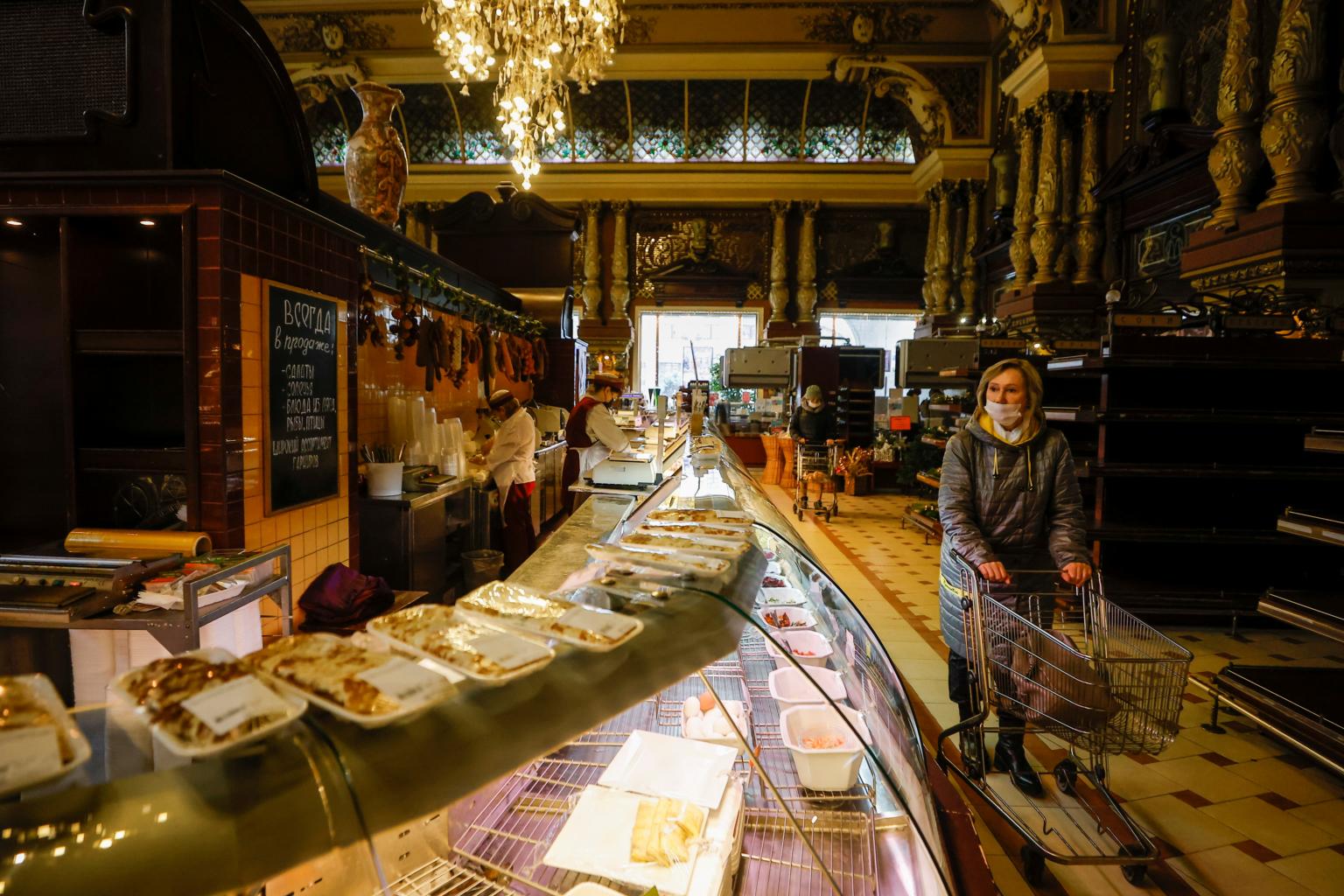5674
0
Attracting crowds of tourists, a historic luxury store ends in Moscow
Attracting crowds of tourists, a historic luxury store ends in Moscow. The Yeliseyevsky store was opened in 1901.

Yazar: Tom Roberts
Yayınlanma: 6 Nisan 2021 21:58
Güncellenme: 21 Şubat 2026 15:43
Attracting crowds of tourists, a historic luxury store ends in Moscow
Historic luxury store in the center of Moscow Yeliseyevsky will close its gates after 120 years. The pandemic of the new coronavirus significantly contributed to this, which significantly reduced the number of tourists. They were frequent customers of the exclusive grocery store. The Yeliseyevsky store was opened in 1901 by the Yeliseyev business family, who became rich in Tsarist Russia by importing fruit and wine. After the revolution in 1917 and the rise of the communists, the shop became known as Gastron No. 1 and, despite the lack of food, continued to offer a wide selection of delicacies that could not be bought elsewhere, such as caviar, quail or smoked salmon. Even in recent years, the store, known for its neo-baroque interior, offered a huge number of gourmet meals and souvenirs. However, since the announcement that the store will end on April 11, its counters, once full of fresh fruit, expensive alcohol and traditional Russian decorations, have been almost empty. "It was not an ordinary store where one goes to buy some food," Jelena Bakhtin, a Moscow woman, told Reuters during one of her last purchases at the Yeliseyevsky store. "It was a symbol of the city. I always came here to admire its interior. It's a shame it's over," she added. "In Soviet times, it was one of the few shops in Moscow where caviar could be bought, although most residents could not afford it," Valery Mikhailovich, a pensioner who wanted to buy caviar for his birthday, told The Moscow Times. However, he did not get the opportunity, most of the delicacies were sold out. The store on Tverská Street attracted masses of tourists, but after the onset of the new coronavirus pandemic, their numbers fell sharply. This sealed the fate of a luxury store that had struggled with problems before. As Alexander Kanshin, a representative of the Russian Chamber of Commerce and Industry, told local television, the reason for the decision to close the Yeliseyevsky store is also legal problems as well as a change in the behavior of Russian customers. They are increasingly visiting large department stores in residential areas.İLGİLİ HABERLER





European stocks soared and focus shifted to German retail sales after Powell's speech!

Forex Signal For TRY/USD: Inflation Slowdown in November.

Forex Signal For GBP/USD: Bullish Trend Still Not Breaking While Recovery Continues.

Forex Signal For EUR/USD: Starry US Data Points to Higher Fed Increases.

Forex Signal For BTC/USD: Downside Continues as Bitcoin Recovery Moves Less.
En Popüler Haberler
Yorum Yap
Yorumlar
Henüz yorum yapan yok! İlk yorumu siz yapın...